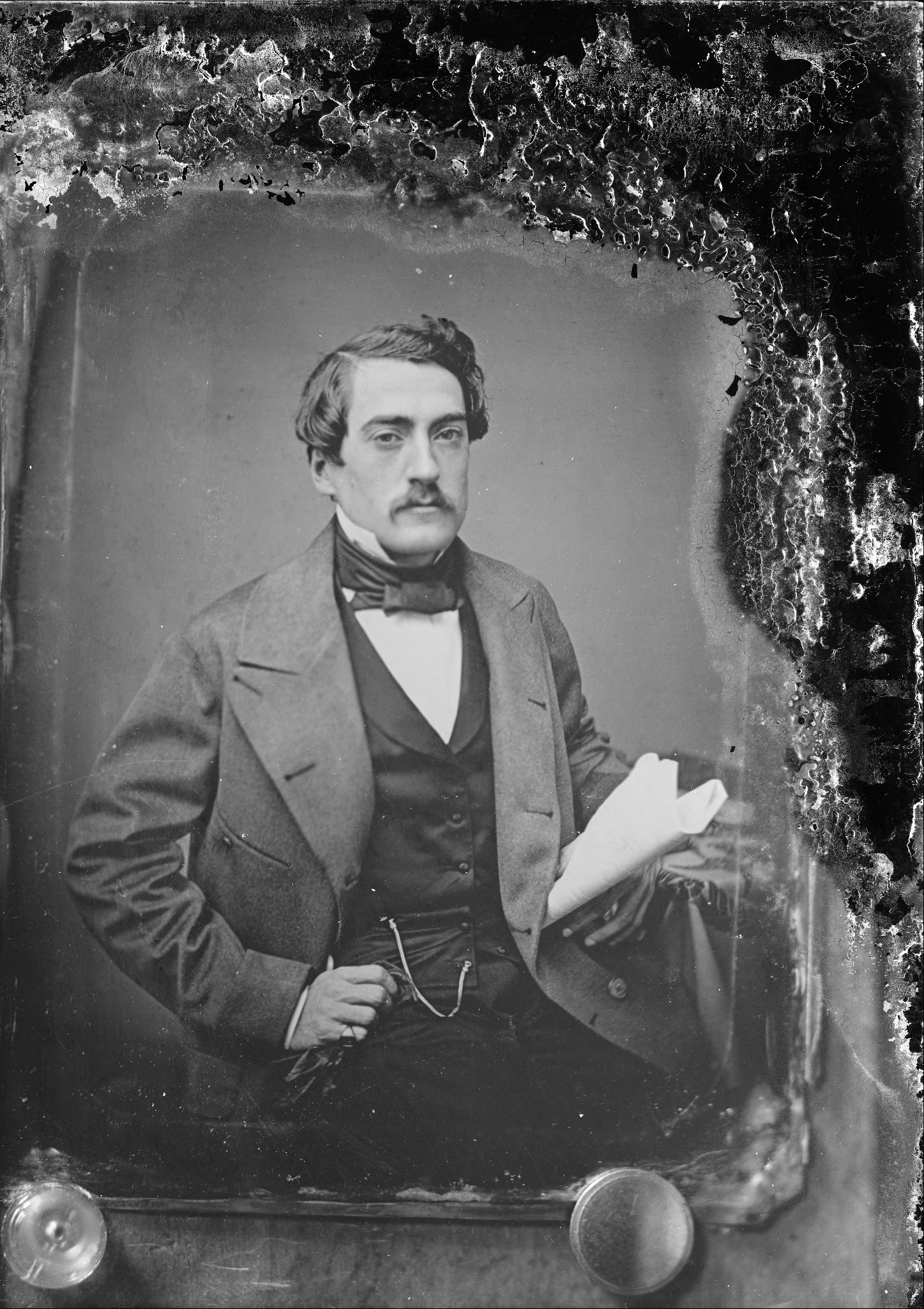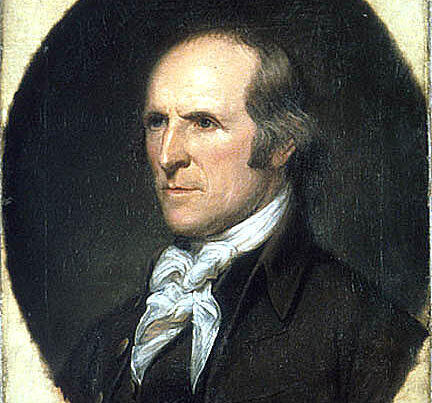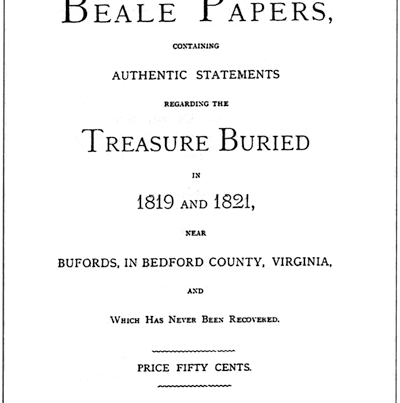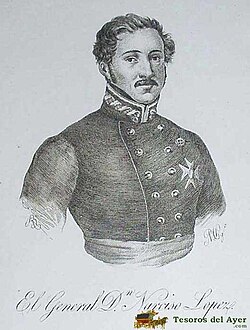
Originally published in 1898 in The Ridpath Library of Universal Literature, Vol. XXII by John Clark Ridpath
THOMPSON, John Reuben, an American journalist and poet, born at Richmond, Va., October 23, 1823; died in New York, April 30, 1872. He was graduated at the University of Virginia in l845, studied law, and in 1847 became editor of the Southern Literary Messenger, which he conducted for several years. That magazine was discontinued about the time of the breaking out of the Civil War, and Mr. Thompson engaged in other literary labor in the South. He subsequently went to Europe, where he remained two or three years; after which he became editorially connected with the New York Evening Post, He was also a frequent contributor to various periodicals in America and Great Britain.
He produced no books, yet few men in the Southern States were more widely or more favorably known by their literary labors, or exerted a greater influence upon the native literature of that region. Mr. Thompson’s chief work was done through the columns of the Southern Literary Messenger, which was the longest lived and the most high-toned and successful of all the Southern literary magazines. His articles, both prose and verse, lie scattered through the pages of his own magazine, and of others, he having never collected them into volumes. Mr. Thompson succeeded well also as a popular lecturer, his happiest effort in this line being a lecture upon the Life and Character of Edgar A. Poe.
“Of Mr. Thompson’s literary productions,” says the Nation, “there is none that calls for much consideration; they all answered sufficiently well the purpose of the moment, and none of them was fated, probably none was designed, to last. He, however, translated exceptionally well some few French poems, and this is more than can usually be said of writers of his grade and his nativity.”
MUSIC IN CAMP
Two armies covered hill and plain
Where Rappahannock’s waters
Ran deeply crimsoned with the stain
Of battle’s recent slaughters.
The summer clouds lay pitched like tents
In meads of heavenly azure,
And each dread gun of the elements
Slept in its hid embrasure.
The breeze so softly blew, it made
No forest leaf to quiver,
And the smoke of the random cannonade
Rolled slowly from the river.
And now where circling hills looked down.
With cannon grimly planted,
O’er listless camp arid silent town
The golden sunlight slanted.
When on the fervid air there came
A strain, now rich, now tender,
The music seemed itself aflame
With day’s departing splendor.
A Federal band which, eve and morn,
Played measures brave and nimble,
Had just struck up with flute and horn
And lively clash of cymbal.
Down flocked the soldiers to the banks
Till, margined by its pebbles,
One wooded shore was blue with “Yanks,”
And one was gray with “Rebels.”
Then all was still; and then the band,
With movement light and tricksy.
Made stream and forest, hill and strand,
Reverberate with “Dixie.”
The conscious stream, with burnished glow,
Went proudly o’er its pebbles,
But thrilled throughout its deepest flow
With yelling of the Rebels.
Again a pause, and then again
The trumpet pealed sonorous.
And “Yankee Doodle” was the strain
To which the shore gave chorus.
The laughing ripple shoreward flew
To kiss the shining pebbles;
Loud shrieked the swarming “Boys in Blue”
Defiance to the Rebels.
And yet once more the bugle song
Above the stormy riot;
No shout upon the evening rang —
There reigned a holy quiet.
The sad, slow stream its noiseless flood
Poured o’er the glancing pebbles;
All silent now the Yankees stood.
All silent stood the Rebels.
No unresponsive soul had heard
That plaintive note’s appealing.
So deeply “Home, Sweet Home” had stirred
The hidden founts of feeling.
Of Blue or Gray, the soldier sees,
As by the wand of fairy,
The cottage ‘neath the live-oak trees,
The cabin by the prairie.
Or cold or warm, his native skies
Bend in their beauty o’er him;
Seen through the tear-mists in his eyes,
His loved ones stand before him.
As fades the iris after rain.
In April’s tearful weather.
The vision vanished, as the strain
And daylight died together.
But memory, waked by Music’s art.
Expressed in simplest numbers,
Subdued the sternest Yankee’s heart.
Made light the Rebel’s slumbers.
And fair the form of Music shines —
That bright, celestial creature.
Who still ‘mid war’s embattled lines
Gave this one touch of Nature.





